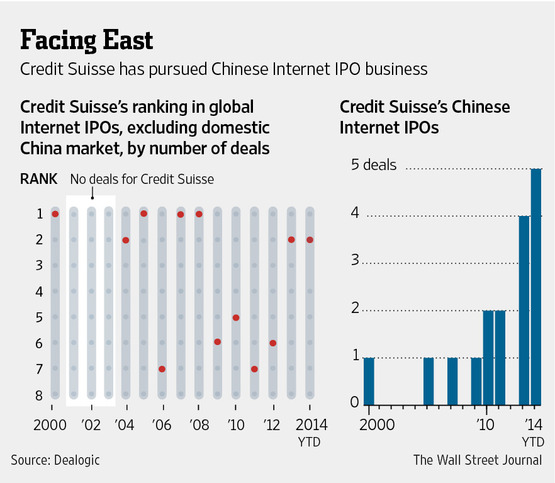Below Brokerdealer.com/blog news extract courtesy of FT.com and reporter Andy Sharman
Worldline, the online payments company being spun out of French multinational Atos, has launched its initial public offering at a range that values the company at up to €2.4bn, including debt.The Parisian listing is part of a plan to take advantage of the shift to digital and mobile that has increased the popularity of online payments – though cashless transactions have not caught on as rapidly as some had hoped.
Gilles Grapinet, Worldline chief executive, said the IPO came at “a unique moment of opportunity for growth” with the convergence of three trends – “the digital and mobile revolution, the changes in the regulatory framework for the European payments sector and the shift in strategy by many banks following the financial crisis”.
Specifically, he was referring to banks’ willingness to invest in technology that lowers the costs of transactions.
Worldline, which has revenues of more than €1bn and employs 7,200, specialises in mobile payments for retailers and transport companies, payment processing software for banks and other cashless systems, such as loyalty cards, for hoteliers.
Worldline plans to raise €610m in its IPO, more than half of which will be used to repay a loan to the parent company. Atos plans to keep a controlling stake.The offering has been priced at an indicative range of between €16.40 and €20 a share, implying an enterprise value of €2bn to €2.4bn. Worldline, whose headquarters are in the Parisian suburb of Bezons, filed its document de base – the first step towards flotation – with French regulators at the start of May.
Deutsche Bank and Goldman Sachs are acting as global co-ordinators and joint bookrunners alongside Bank of America Merrill Lynch, Barclays, BNP Paribas and Société Générale. Rothschild is financial adviser to the company.



